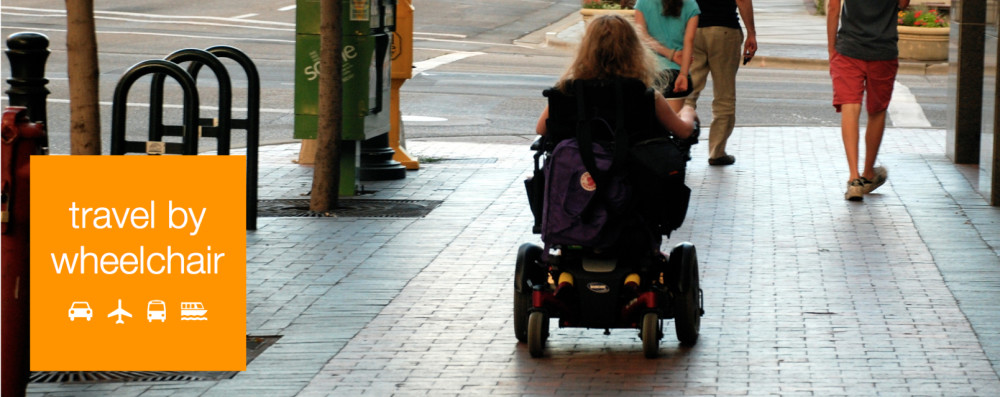Yes, I am very, very grateful our family has health insurance. You could even say I love having health insurance, especially with Marianne’s appointment track record: she goes to myelo clinic twice a year; she has annual/semiannual appointments with a pulmonologist, an endocrinologist, a developmental pediatrician and a regular pediatrician, an eye doctor, a neurologist and neurosurgeon, an orthopedist and GI doctors. I am sure I’m forgetting some arcane specialty. She has many prescriptions (none that anyone out there with opiate dependencies would want – just saying). There are wheelchairs, toilet seats and durable medical equipment.
But I hate the feeling that we are being nickled and dimed on all fronts of our health insurance interface. As of this year, we pay $500 for every emergency room visit (and we don’t go because we’ve avoided going to the doctor, we go because Marianne has a medical EMERGENCY). We do all our preventative care. We follow doctor’s orders. We are excellent, compliant patients, and we pay a monthly premium for Blue Cross, as well as all the strange parts of the bills that for some obscure reason Blue Cross won’t pay (for example, they might pay most of a diagnostic test, all but $13.28 of it). We pay an annual out-of-pocket rate of $6,000. Even after we’ve paid that, we are responsible for 10% of all the durable medical equipment costs. What’s to stop the insurance company from increasing all of these payments/co-payments/deductions from going up year after year? Nothing, as far as I can tell.
“Durable medical equipment” (DME) — these are the words that make me crazy lately. I think this is health insurance catch-all lingo for arbitrary and capricious billing practices.
It’s the recent iteration of the BC/BS policy on DME that’s got me ranting today. In our medical equipment supplies that arrive every three months (after we pay 10% of the non-negotiable cost that is billed to insurance, and which I am deeply suspicious is hyper-inflated since it is being billed to insurance), we get catheters, saline solution, syringes, GoLyghtly for bowel management (hope this isn’t too much info, but I know the spinal cord people will forgive me or at least overlook my precision) and until recently, latex-free gloves. That’s so that those of us who are helping with the bowel management can avoid contact with all kinds of bacteria that I don’t even want to name.
But guess what? After much, much time on hold and in endless phone loops, I just learned that Blue Cross doesn’t pay for those gloves anymore. Nope, no first-line anti-bacterial, anti-who-knows-what-protection for those on the front-line. We’re on our own.
Why provide basic preventive care items like latex-free gloves when some hospital and insurance company in the medical realm can generate – and pay, presumably – astronomical medical bills for hospital coverage when my husband or I get really, really sick with some intestinal bacteria contracted because gloves are no longer deemed medically necessary for care-givers?
And here’s the amazing fact: a box of 100 latex-free examination gloves costs $3.10 on the internet. If I bought them from the medical supply company, that same box is $36.65. Although they claim that they bill insurance a discounted rate, they could not tell me what that rate is. I bet it’s more than 10 times more.
Round and round it goes. Pass the buck to whoever will/can pay it.
Obfuscation or beclouding, is the hiding of intended meaning, making communication confusing, willfully ambiguous and harder to interpret (from Wikipedia). Homework tonight: use it in a sentence with the words “health insurance……”
